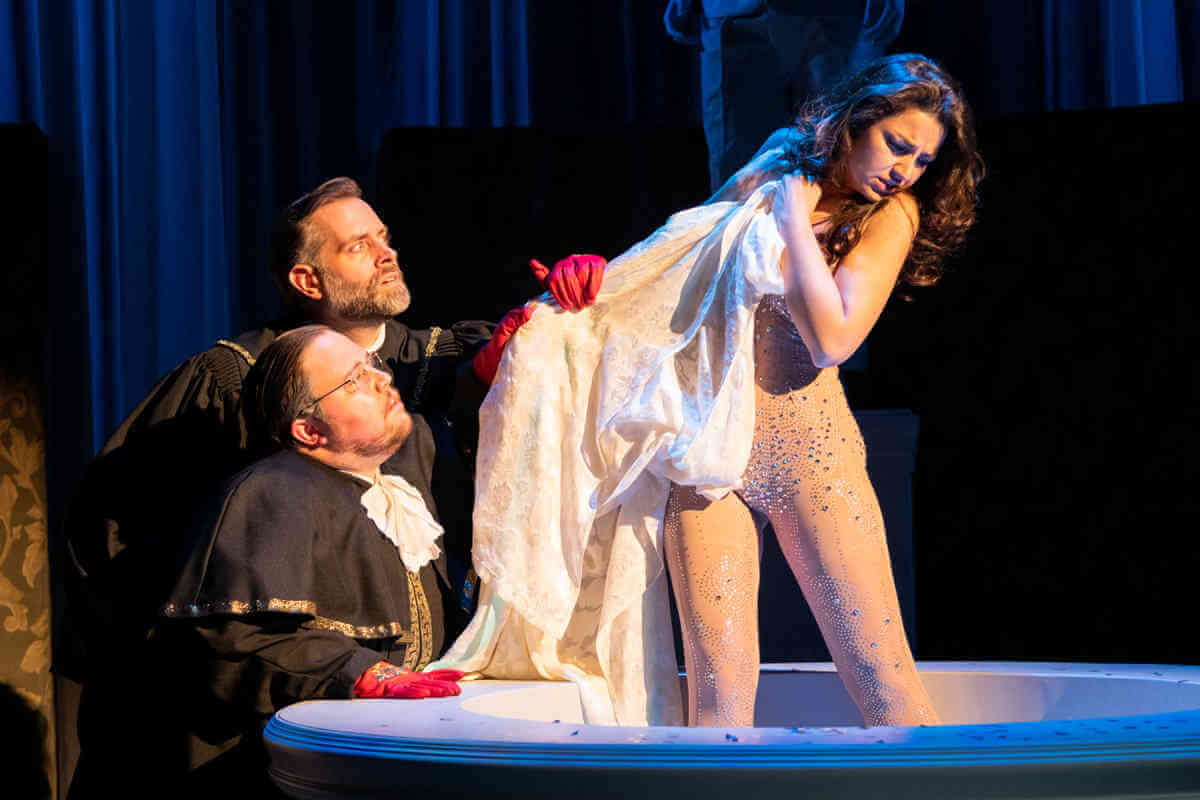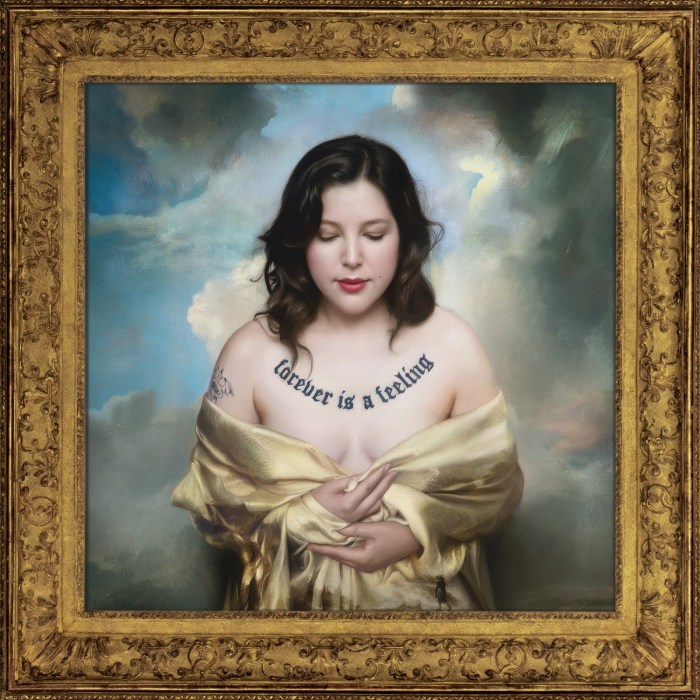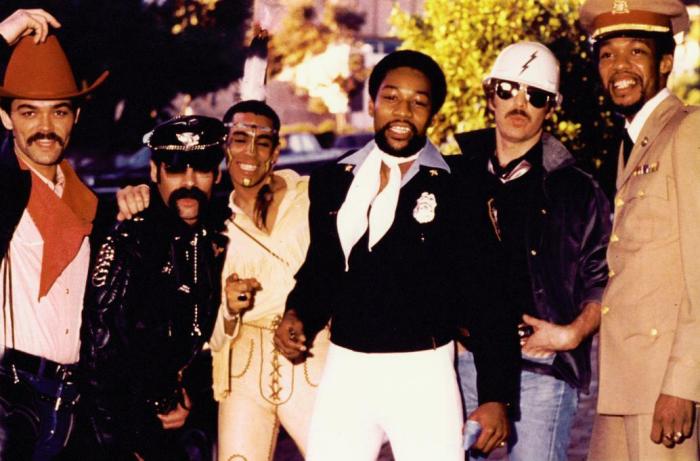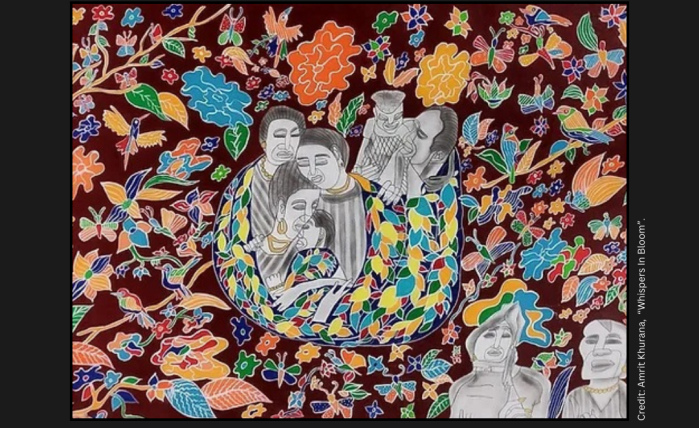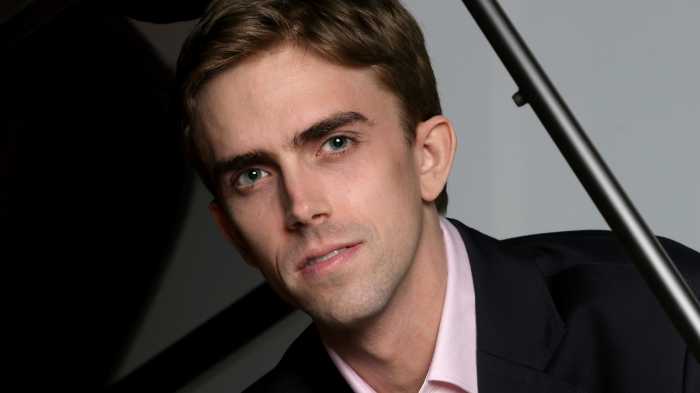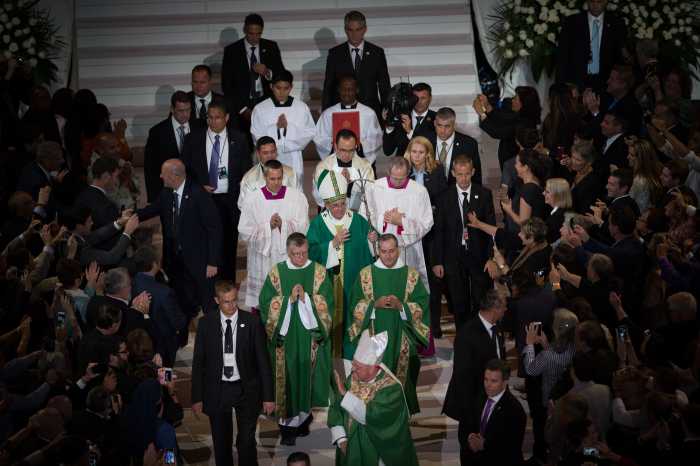The biannual New York Opera Fest collaborates with small local companies to mount presentations all over the city in May and June. This year the offerings were very eclectic yet several I attended were linked by the common theme of an oppressed outsider at odds with society.
Alessandro Stradella’s dramatic oratorio “La Susanna” (1681) is a retelling of the biblical tale of Susanna and the Elders from the Book of Daniel. In this collaboration by Opera Lafayette and Heartbeat Opera, the tale is told through the prism of the #MeToo movement. The premiere American staging by director Ethan Heard utilized a framing device: a doctoral dissertation “Our Bodies, Our Stories: Reclaiming the Narrative for Feminism” presented by a Dr. Beatrice Armstrong. Armstrong was performed by contralto Sara Couden who doubled as the opera’s singing narrator Testo. Armstrong/ Testo retells from a feminist perspective the tale of a virtuous wife who is spied on in her bath by two corrupt judges who then falsely accuse her of adultery and condemn her to death. As Susanna’s position becomes more and more desperate, Dr. Armstrong/ Testo becomes more and more involved in the action while a Student (Ariana Douglas) takes notes. Eventually, the Student, outraged, tosses aside her laptop and assumes the role of the savior Daniel, who exonerates Susanna and punishes the false judges.
Usually I find this type of self-consciously topical update forced and contrived. But only a few short months after the confirmation hearings of Justice Brett Kavanaugh, the ancient story of sexual harassment and corrupt patriarchal authority gained fresh power and pertinence that validated the concept. Like Christine Blasey Ford, Susanna finds her lone voice of truth stifled by corrupt male authority.
Ryan Brown and Jacob Ashworth leading the ensemble of six players maintained the polished musical values for which Opera Lafayette is known. The edgy updated concept and physical exuberance of the performers bore the hallmarks of Heartbeat Opera. Reid Thompson’s set was a semi-circular arbor with pillars with Susanna’s bath in the center. Surrounding it were large statues of men—– a high religious cleric, a military general, and a dictator — a triumvirate of male power and oppression. At the end of the opera, these statues were overthrown.
Spanish early music specialist Lucía Martín Cartón’s Susanna combined an alluring presence with aching vocal purity, presenting a disturbing portrait of innocence defiled. Couden’s resonant alto had great vocal presence but needs greater tonal focus and smoother alignment of vocal registers. Douglas’ live-wire soprano flashed brightly in the final scenes. Patrick Kilbride and Paul Max Tipton’s Elders exuded a deadly yet familiar mixture of fatuousness, entitlement, and corruption. Stradella’s music is spare, highlighting declamation of the text harkening back to Monteverdi’s simplicity. It needs to be heard in an intimate space, which was provided by the BAM Fisher Fishman Space, along with a rather dry acoustic.
OnSite Opera presented the world premiere of “Murasaki’s Moon” with music by Michi Wiancko set to an English libretto by Deborah Brevoort. The opera was performed in the Astor Chinese Garden Court at the Metropolitan Museum of Art and, like the venue, is an infusion of Eastern art into a Western setting. Lady Murasaki, the granddaughter of a writer and daughter of a scholar, was a rarity — an educated, literate woman in 11th century Japan. Her poetry and storytelling gained her a place at the Imperial Court, but those talents also made her ostracized by the court’s women. Her isolation and privilege gave her the time and resources to pen the world’s first novel: “The Tale of Genji.”
In this hour-long opera, Lady Murasaki bewails her alienation and loneliness to the moon. She summons from her imagination her novel’s bold and transgressive hero, Genji, who has the freedom she lacks. After a spirited debate with her creation (whom she loves and despises for his fickle nature), Murasaki devotes herself to her art.
Wiancko’s score combined elegant European-based writing for the Aizuri Quartet with three instrumentalists playing traditional Chinese instruments led by Yoko Reikano Kimura on the koto. This layering of tonal Western music with dissonant, spiky Chinese music was intriguing and effective. Kristen Choi dug into Lady Murasaki’s declamatory music with a bright, flinty lyric soprano that was just a little weak on the bottom. Tenor Martin Bakari, in vibrant sensual voice as the swaggering Genji, had more melodic music embellished by melismas. His voice and presence added melodic interest and sexual tension to the piece.
Eric Einhorn’s stage direction made a virtue of simplicity giving the performers stylized movements to create stage pictures in tandem with Yoko Yamashita’s choreography. Conductor Geoffrey MacDonald, presented with the challenge of leading a work with diverse musical styles and instruments in an outdoor space, pulled together the disparate elements with keen insight and smooth control.
The Little Opera Theatre of NY presented the local premiere of Benjamin Britten’s “Owen Wingrave” (1970) at GK Arts in DUMBO. This late-career opera was written for television but later adapted for the stage. The libretto by Myfanwy Piper (adapting a short story by Henry James — who also provided the source material for Britten’s much superior “The Turn of the Screw”) concerns a young man, Owen Wingrave, the last male heir of an old military family. Owen confronts his intransigent family with the unwelcome news that he is a pacifist who rejects war and will not continue in the military academy or ever take up the sword as a soldier. (Britten was a conscientious objector during World War II and a lifelong pacifist.) The family is outraged and immediately threatens Owen with rejection, humiliation, banishment, and disinheritance, among other forms of psychological torture.
The family manse, Paramore, is haunted by the spirits of the military ancestors, but there is also a fatal haunted room where two Wingrave ancestors died that kills anyone who spends the night. Owen’s relatives and his fiancée Kate accuse him of cowardice, with Kate challenging him to spend a night in the haunted attic bedroom. The next morning…
British critics have called “Owen Wingrave” Britten’s “dodo” and indeed it is overlong, didactic, and musically derivative and thin. The Henry James short story has just enough plotline for a 25-minute episode of “Tales of the Unexpected,” but is stretched out to three hours in Britten and Piper’s adaptation. The rebellious pacifist Owen and his hide-bound militaristic family are all immovably granite in their convictions — there is no character development or change, just a head-on collision of absolutes. Britten recycles a lot of musical ideas from earlier operas to diminishing effect and there are no rewarding vocal opportunities for any of the singers.
LOTNY put together a terrific cast, a well-rehearsed orchestra of 16 (in David Matthews’ chamber reduction) led by the versatile and accomplished conductor Richard Cordova in an intelligent production by Philip Shneidman. Josh Smith’s imaginative set presented a realistic Victorian space on the lower level with scrims above for projections by Alex Basco Koch representing the world of the supernatural and the imagination. But excellent work by baritone Robert Balonek in the title role, Emily Pulley as his termagant maiden aunt, tenor Rufus Müller as his retired general grandfather, and mezzo Katherine Pracht as his manipulative, insensitive fiancée all labored in vain to bring Britten’s dodo to life.


